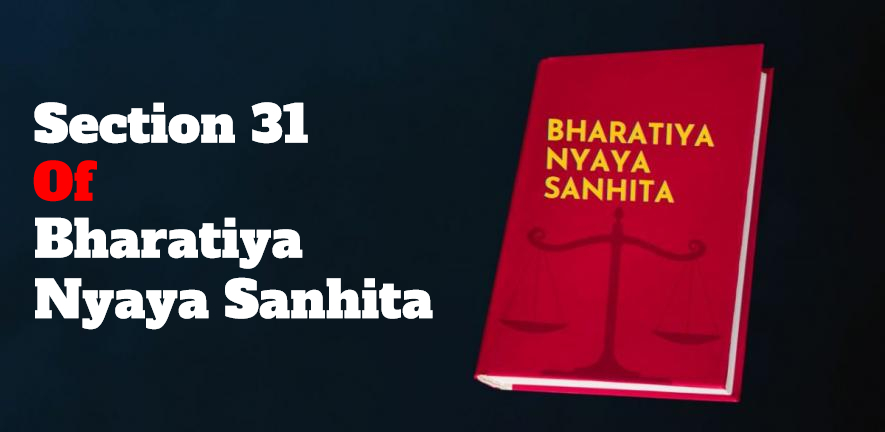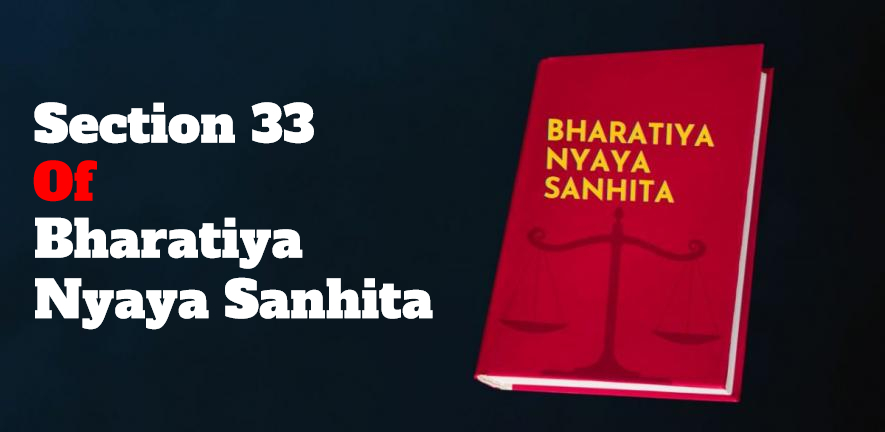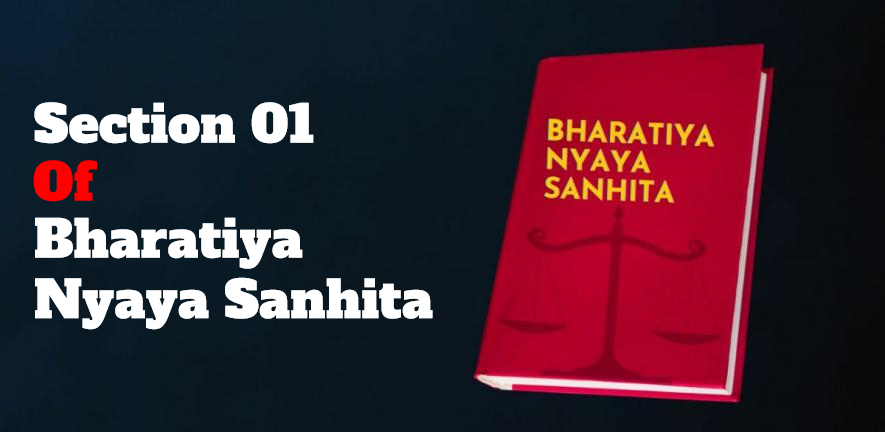Section 31 BNS – Section 31 of New Bharatiya Nyaya Sanhita
- Section 31 BNS – Section 31 of New Bharatiya Nyaya Sanhita
- Overview of BNS
- Importance of BNS in Indian Legal System
- Evolution of Legal Provisions in India
- Need for Section 31
- Definition and Scope
- Key Features of Section 31
- How it Affects Legal Proceedings
- Impact on Civil and Criminal Cases
- Differences from Previous Laws
- Improvements and Criticisms
- Notable Cases
- Legal Interpretations and Judgments
- Views from Legal Experts
- Public Perception
- Ensuring Fair Trial
- Balancing State and Individual Rights
- Potential Amendments
- Long-term Implications
- Summary of Key Points
- Final Thoughts
- FAQs
The Bharatiya Nyaya Sanhita (BNS) is a landmark legal code that has been developed to streamline and modernize the legal framework in India. It integrates and updates various existing laws, aiming to create a more coherent and efficient legal system.
Overview of BNS
BNS was introduced to replace the old, fragmented legal statutes with a unified code that could address the needs of contemporary society. It simplifies legal processes, making them more accessible and understandable for the general public.
Importance of BNS in Indian Legal System
The implementation of BNS is crucial for ensuring the rule of law in India. It provides a clear and comprehensive set of guidelines for legal proceedings, which helps in maintaining order and delivering justice effectively.
Historical Context of Section 31
Evolution of Legal Provisions in India
India’s legal system has undergone significant changes over the years. The introduction of new laws and amendments has been necessary to address the evolving needs of society and to ensure justice for all citizens.
Need for Section 31
Section 31 was specifically introduced to address certain gaps and ambiguities in the previous legal framework. It aims to provide detailed guidelines for particular types of cases, ensuring that they are handled efficiently and fairly.
What is Section 31?
Definition and Scope
Section 31 of the New Bharatiya Nyaya Sanhita outlines specific procedures and guidelines for handling certain legal matters. It covers a wide range of legal proceedings, ensuring that they are conducted in a systematic and just manner.
Key Features of Section 31
- Detailed Guidelines: Offers precise instructions for legal procedures.
- Fairness: Ensures that all parties receive a fair trial.
- Efficiency: Aims to expedite legal proceedings and reduce case backlogs.
Legal Implications of Section 31
How it Affects Legal Proceedings
Section 31 has a profound impact on legal proceedings in India. By providing clear guidelines, it helps in speeding up the judicial process and ensures that cases are resolved in a timely and fair manner.
Impact on Civil and Criminal Cases
Both civil and criminal cases are influenced by Section 31. It lays down specific protocols that must be followed, ensuring consistency and fairness in the handling of these cases.
Section 31 vs Previous Provisions
Differences from Previous Laws
Section 31 introduces several significant changes compared to previous legal provisions. It offers more detailed and specific guidelines, which help in reducing ambiguities and ensuring a more efficient legal process.
Improvements and Criticisms
While Section 31 has been praised for its clarity and efficiency, it has also faced some criticisms. Some legal experts argue that it might be too rigid, while others believe it does not address all the necessary issues comprehensively.
Case Studies Involving Section 31
Notable Cases
There have been several notable cases where Section 31 has played a crucial role. These cases highlight the practical applications of this provision and how it has influenced legal outcomes.
Legal Interpretations and Judgments
Legal interpretations and judgments involving Section 31 provide valuable insights into how this provision is applied in real-life scenarios. These interpretations help in understanding the nuances of Section 31 and its impact on the judicial process.
Expert Opinions on Section 31
Views from Legal Experts
Legal experts have expressed varied opinions on Section 31. While many appreciate its detailed guidelines and emphasis on fairness, others have pointed out potential areas for improvement.
Public Perception
The general public’s perception of Section 31 is mixed. While some see it as a positive step towards a more efficient legal system, others are concerned about its potential limitations and rigidity.
Section 31 and Human Rights
Ensuring Fair Trial
One of the primary goals of Section 31 is to ensure a fair trial for all parties involved. By providing clear and detailed guidelines, it helps in protecting the rights of individuals and ensuring that justice is served.
Balancing State and Individual Rights
Section 31 seeks to strike a balance between the rights of the state and those of individuals. It ensures that the legal process is fair and just, protecting the rights of all parties involved in a case.
Future of Section 31
Potential Amendments
Like any legal provision, Section 31 may undergo amendments in the future. These changes could address current criticisms and further enhance the efficiency and fairness of the legal process.
Long-term Implications
The long-term implications of Section 31 are significant. It has the potential to shape the Indian legal system for years to come, ensuring that justice is delivered efficiently and fairly.
Conclusion
Summary of Key Points
Section 31 of the New Bharatiya Nyaya Sanhita is a crucial legal provision that aims to streamline and improve the legal process in India. By providing detailed guidelines and ensuring a fair trial, it helps in delivering justice efficiently.
Final Thoughts
While Section 31 has its critics, it represents an important step towards a more modern and efficient legal system. By addressing gaps in the previous framework, it helps in ensuring that justice is served in a fair and timely manner.
FAQs

Adv Ashish Sharma has dedicated his career to helping individuals and businesses navigate the intricate legal landscape with confidence. From providing expert advice on current legal issues to offering clear explanations of legal principles, he strives to empower his audience with knowledge and understanding.


